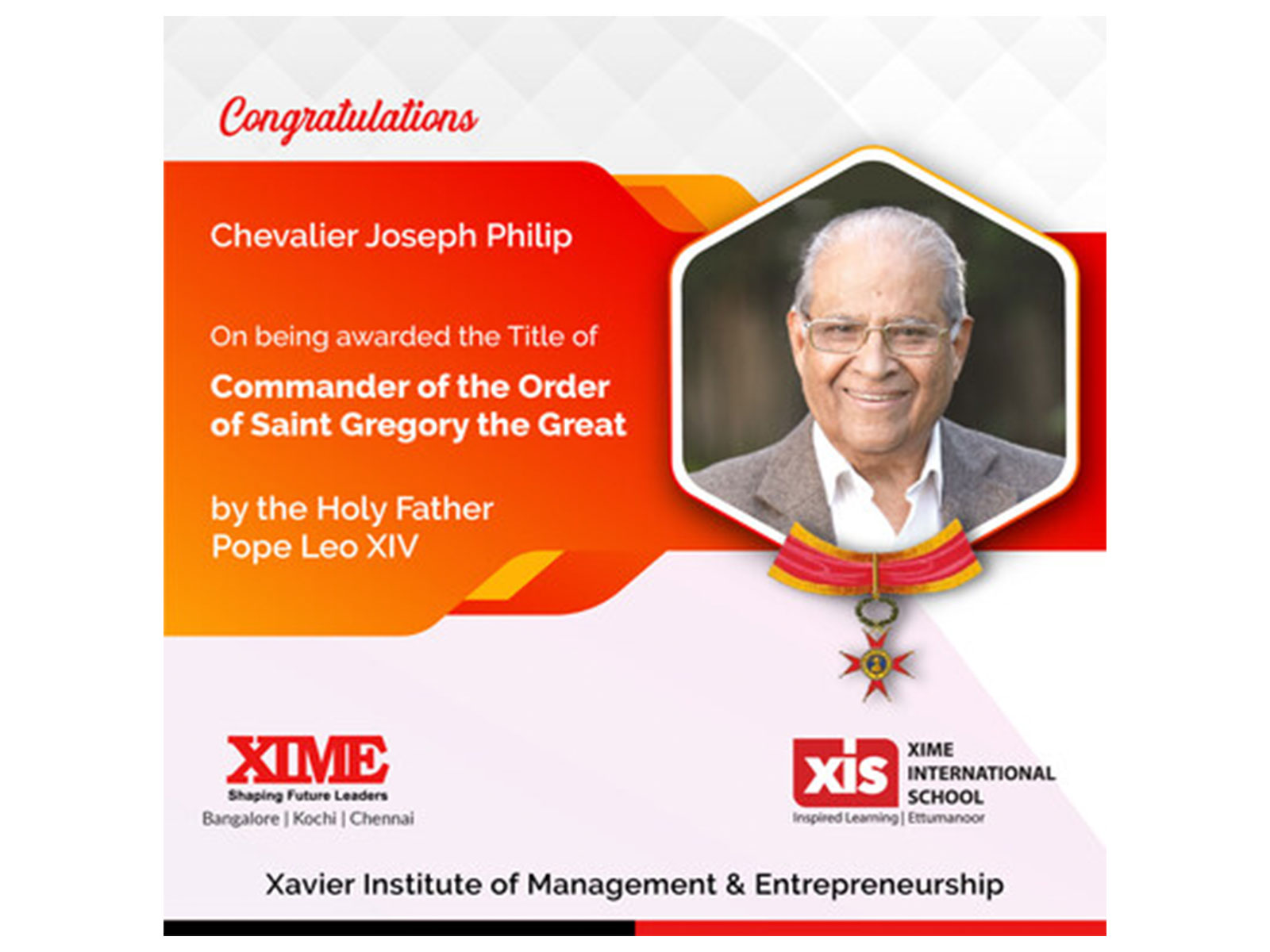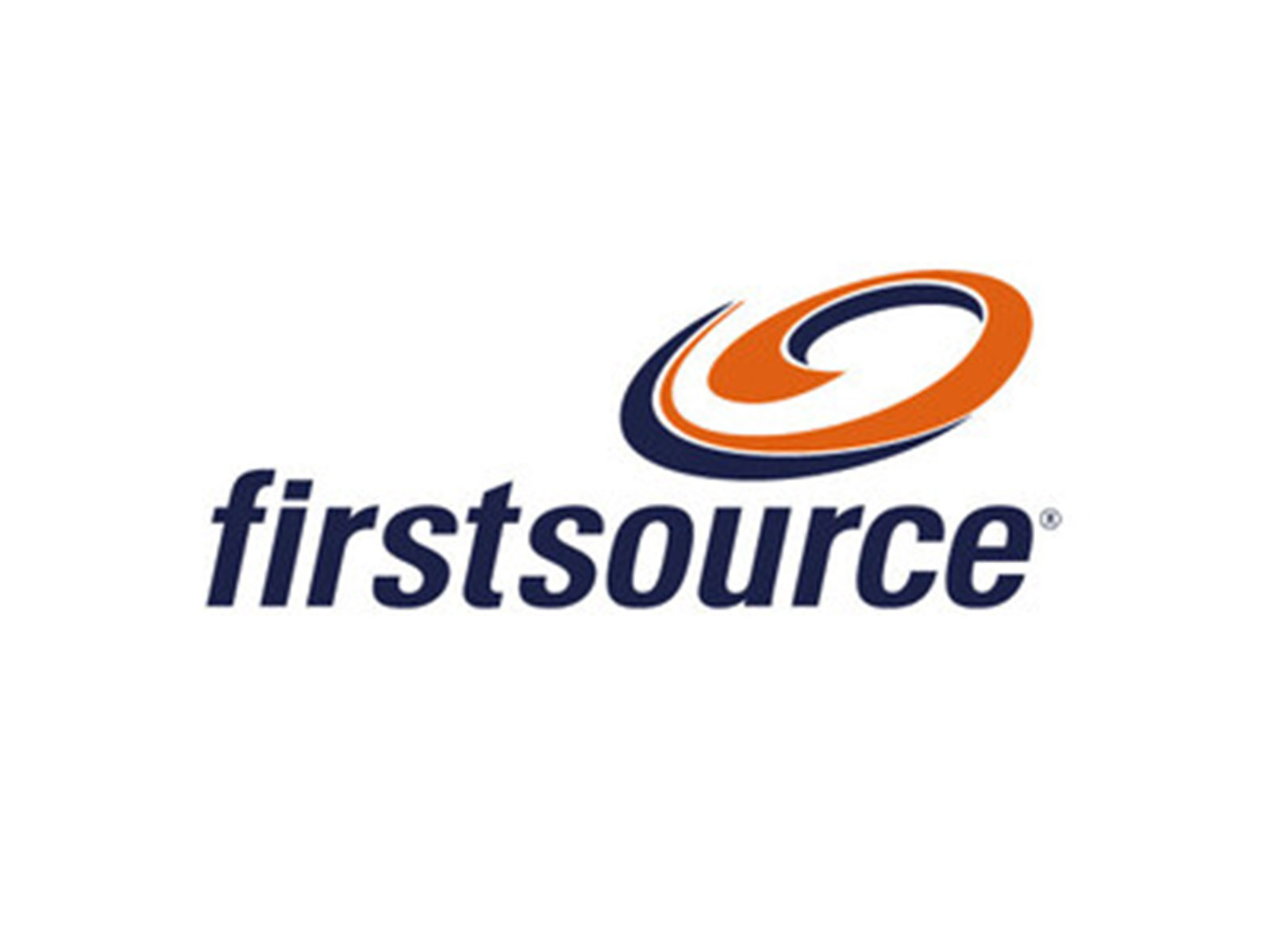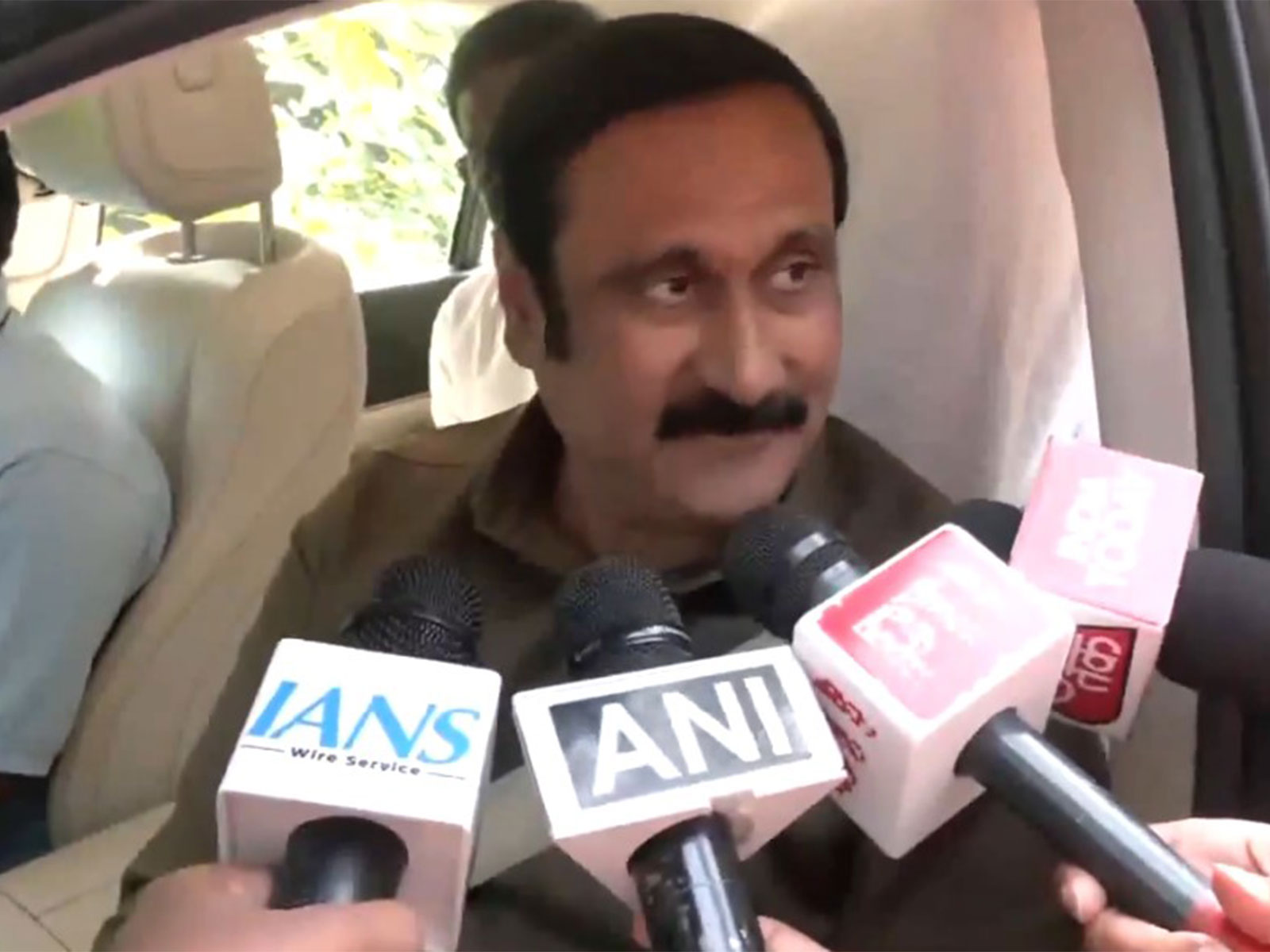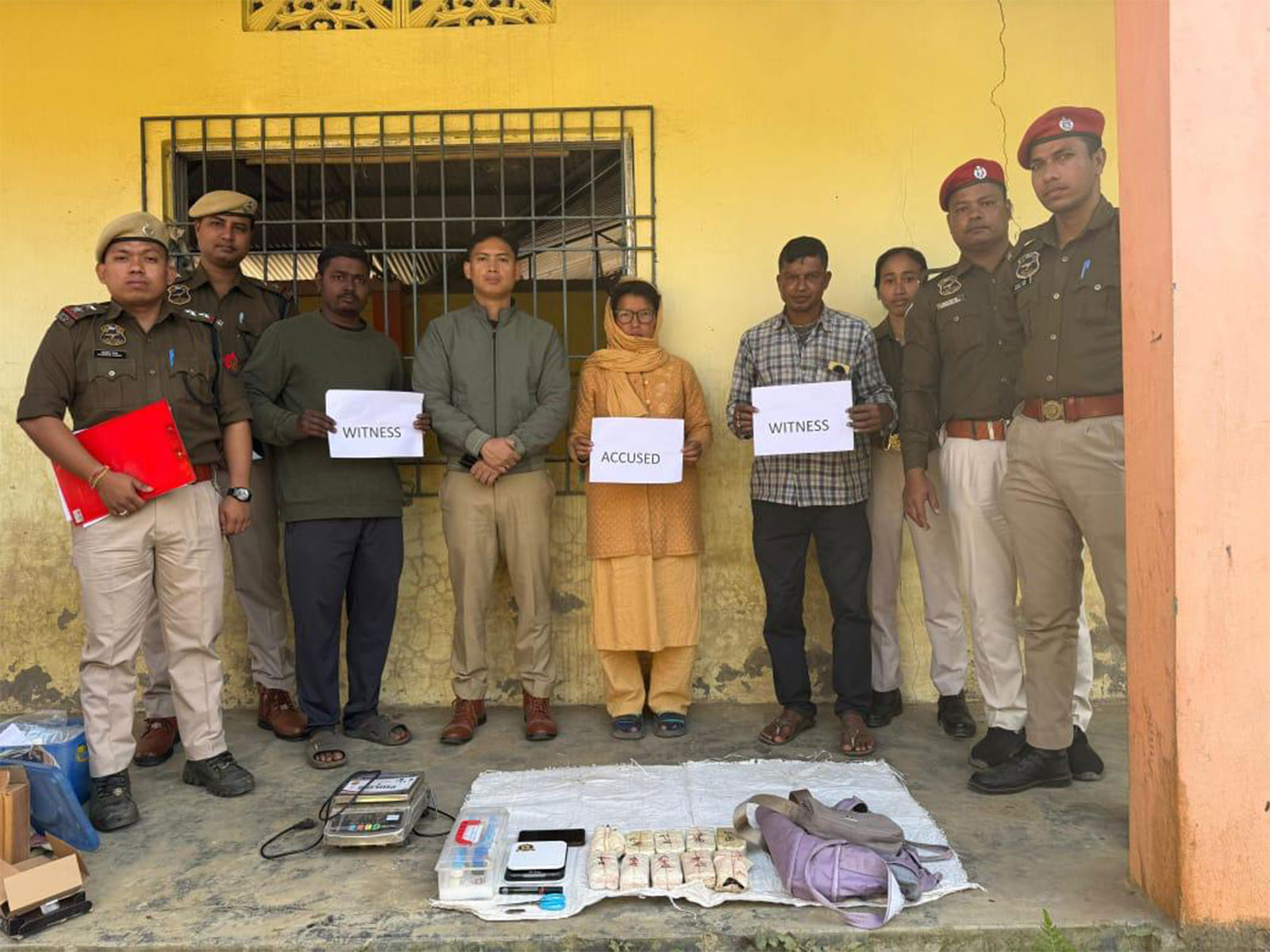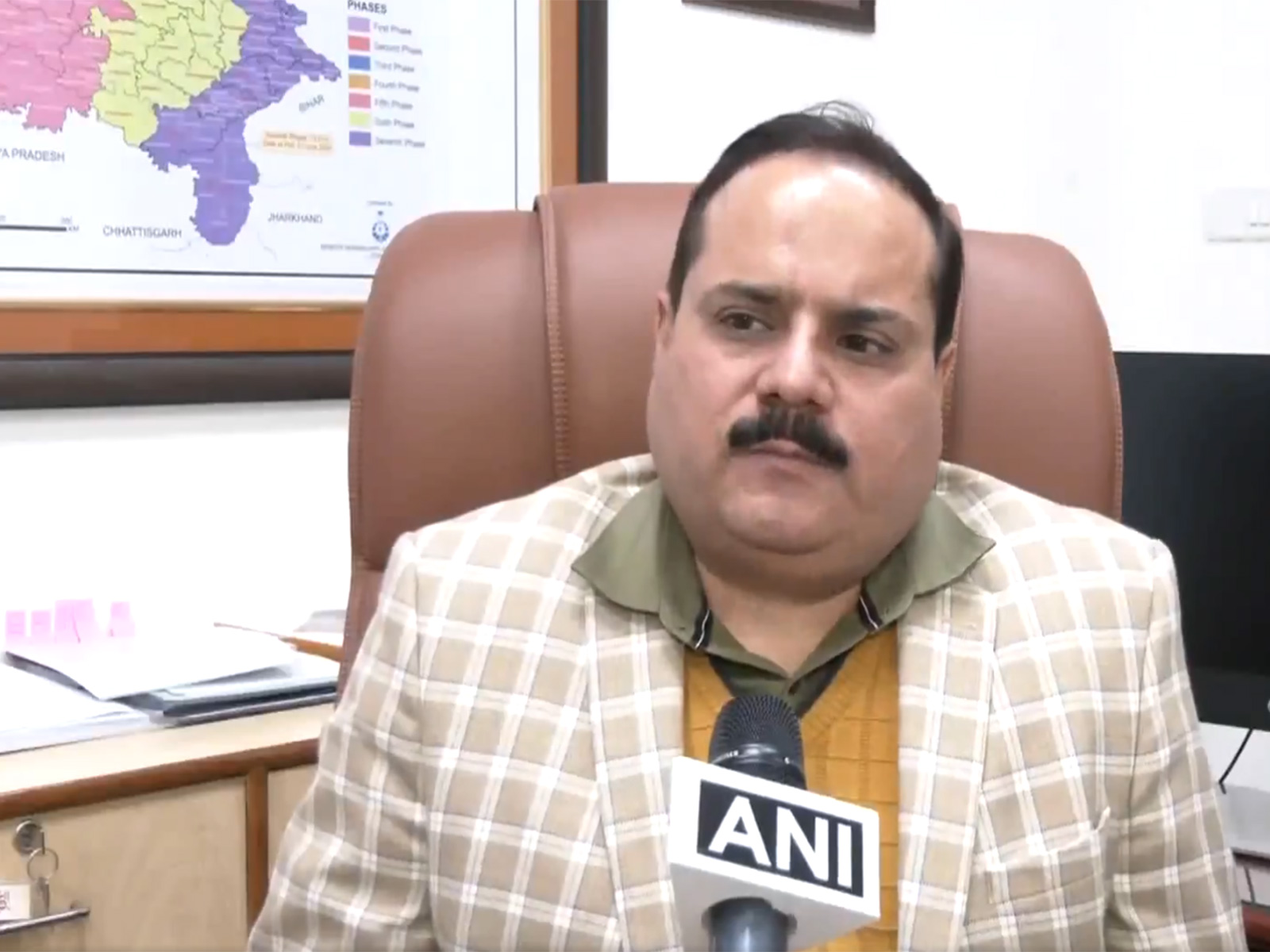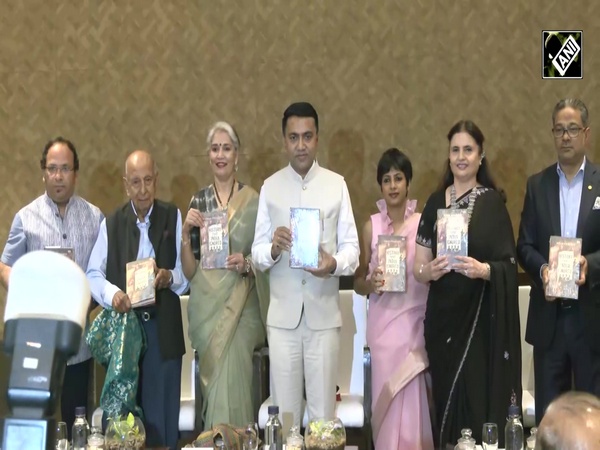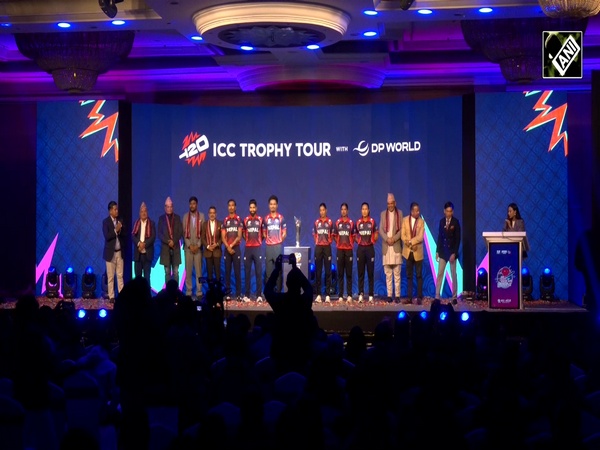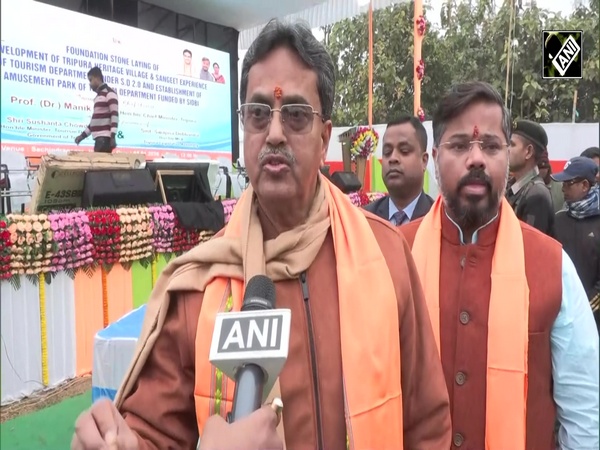Sustainable Markets Initiative Agribusiness Task Force launches blended finance framework to make regenerative farming mainstream
Dec 09, 2023

PRNewswire
Dubai [UAE], December 9: At COP 28, the Sustainable Markets Initiative's Agribusiness Task Force announced the launch of a new blended finance framework that could unlock trillions of dollars for regenerative agriculture.
A task force of companies including Mars, McCain Foods, McDonald's, Mondelez International, PepsiCo and Waitrose, unveil a plan to make regenerative farming financially viable and scalable; explore implementation projects in India, the UK and the US; welcome Lloyds Banking Group to boost cross-industry support, and call for policy changes to help support its implementation.
The global food system currently creates ~30% of human produced GHG emissions[1] and is the greatest driver to nature loss. Embracing regenerative farming globally could help provide a third of the land-based climate action needed by 2030[2], but as the Sustainable Markets Initiative Agribusiness Task Force found last year, the economics do not work for most farmers.
The Task Force including Bayer, Indigo Ag and Olam Agri, today outlines a four-lever framework to accelerate the scaling of regenerative farming, built on:
* New funding and sourcing models;
* Introduction of common metrics;
* Suggested government policy changes; and
* A plan to create new revenue streams for farmers.
"New funding and sourcing models" is a first-of-its-kind blended finance model combining philanthropic support, catalytic capital from asset managers, commercial capital offered at preferential rates from banks, longer-term contract commitments from food businesses to source sustainable commodities, and crop insurance from insurance companies helping de-risk farming operations.
A "plan to create new revenue streams for farmers" proposes a way to create more revenue for farmers by allowing them to capture carbon credits during a field's entire rotation, not just when it is in-use.
Titled the Ecosystem Services Market, the approach means when a field is farmed to supply a buyer, regenerative practices can help the buyer's Scope 3 footprint; then during a year when the farmer is resting the field to recover soil health and biodiversity, the farmer can continue selling carbon credits to other buyers outside of their value chain.
Complementing solutions to make regenerative farming financially viable, are proposals to make it scalable. The Task Force suggests the "introduction of common metrics", which would give regenerative farming a universally understood and scalable approach, and 10 "suggested government policy changes" which could help unlock USD 1.2 trillion that regenerative agriculture can add to the worldwide economy[3].
Policy recommendations include financial advice and training support to farmers implementing regenerative farming, and those carrying out Research and Development; promoting regenerative farming terms in trade agreements; and creating incentives for landowners to encourage regenerative techniques by tenants.
The Task Force reveals it is exploring at least four farming projects to prove its concept. These include rice in India, involving Bayer and Olam; canola and wheat projects in Poland, involving Mars, PepsiCo and ADM; wheat projects in the US, involving Mondelez and Indigo AG; and potatoes and other crops in the UK, involving McCain, McDonald's, Waitrose, PepsiCo, HSBC, Lloyds Banking Group and NatWest.
Grant Reid, former CEO of Mars, Inc., and Chair of the Sustainable Markets Initiative's Agribusiness Task Force said:
"Taking farming back to its roots through regenerative practices isn't a choice; it's one of the only ways we can guarantee farming and global food supply chains can survive for generations to come.
"That's why our plan, proving that regenerative farming could be economically viable, rewarding, and scalable, could be transformational to the world. But we need to prove it, which is why we're eagerly putting into practice our theory by launching implementation projects across the world.
"And while I'm so proud of the cross-industry group we've built to-date, with merely five harvests left until 2030, it needs to grow even more. That's why I call upon those with influence, from food and finance leaders, to governments, NGOs, to join us in this transformative journey."
The Task Force's full plan, published in its report Scaling Regenerative Farming: Levers for Implementation, can be viewed on the Agribusiness Task Force webpage.
NOTES TO EDITORS
Task Force members
Chaired by Grant F. Reid, former CEO of Mars Incorporated, Task Force members include:
* Bayer
* HowGood
* Indigo Ag
* Lloyds Banking Group
* Mars Incorporated
* McCain Foods
* McDonald's
* Mondelez International
* Olam
* PepsiCo
* Sustainable Food Trust
* Waitrose
* Yara International
About the Sustainable Markets Initiative
Founded by His Majesty King Charles III in 2020, as Prince of Wales, the Sustainable Markets Initiative has become the world's 'go-to' private sector organisation on transition. Launched in 2021, the Terra Carta serves as the Sustainable Markets Initiative's mandate with a focus on accelerating positive results for Nature, People and Planet through real economy action.
Read more: www.sustainable-markets.org
[1] UN Environment Programme; Our global food system is the primary driver of biodiversity loss
[2] Griscom, B., Adams, J., Ellis, P., et al. Natural Climate Solutions (2017). https://doi.org/10.1073/pnas.1710465114
[3] The Food and Land Use Coalition, Growing Better: Ten Critical Transitions to Transform Food & Land Use
Photo - https://mma.prnewswire.com/media/2296540/Sustainable_Markets_Initiative.jpg
(ADVERTORIAL DISCLAIMER: The above press release has been provided by PRNewswire. ANI will not be responsible in any way for the content of the same)
